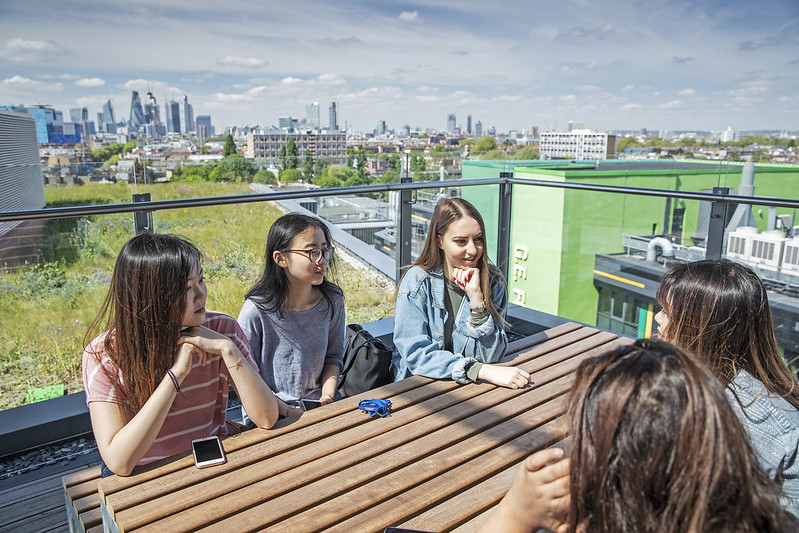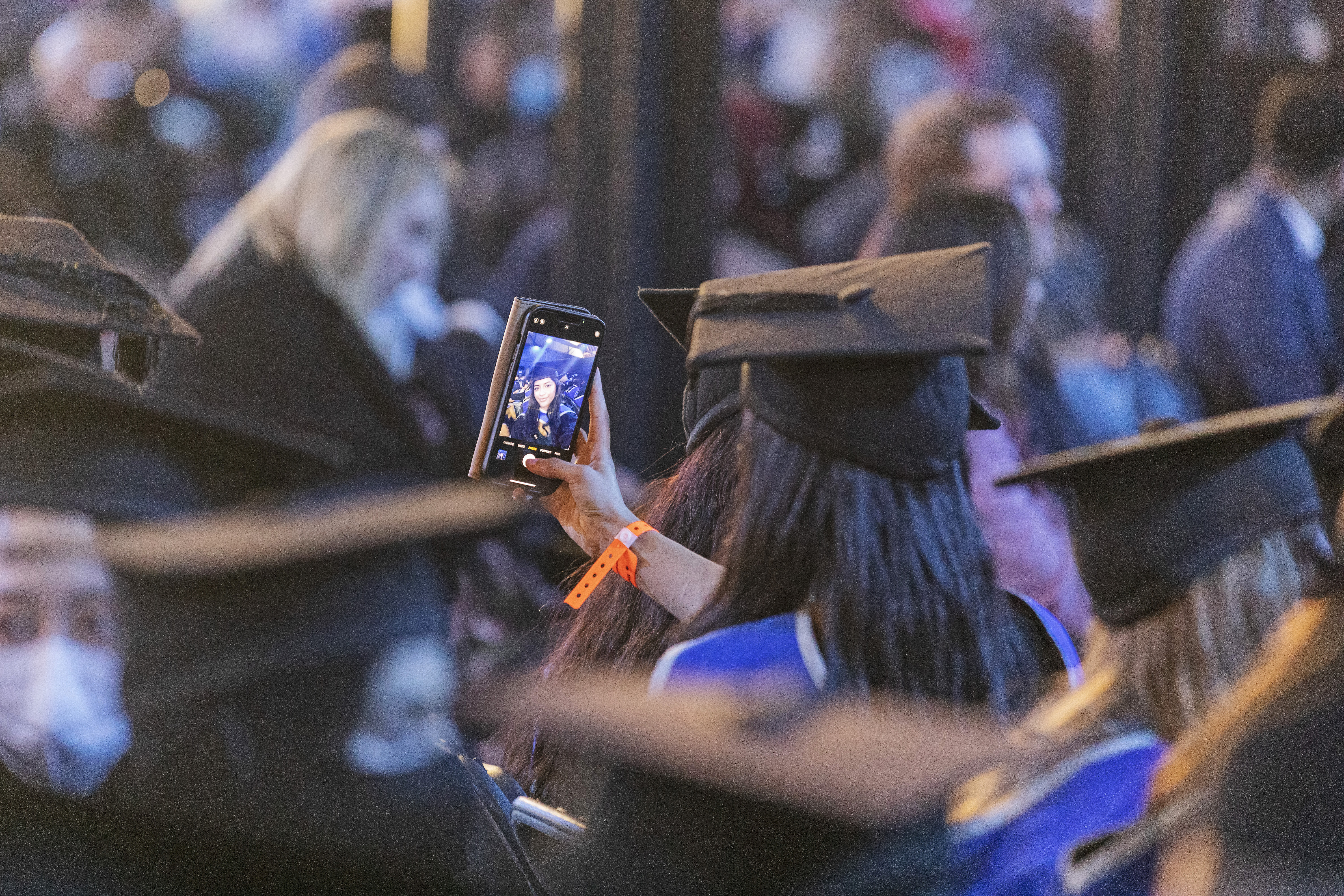Developing Inclusive Education for neurodivergent learners
This page aims to help educators taking their first steps to design learning and assessment that can help neurodivergent learners demonstrate their full potential. It also directs staff to existing resources related to inclusion and accessibility.
1 in 20 Queen Mary students are neurodivergent
1 in 20 have a diagnosis, but not all Queen Mary students are aware of their learning differences or declare them
What is neurodiversity?
Neurodiversity is the diversity of human minds. When an individual, or a group, diverges from the majority, from the dominant standards of what might be considered ‘normal’, they’re neurodivergent. Forms of neurodivergence are: dyslexia, dyspraxia, ADHD, Tourette’s syndrome and autism. Neurodivergent people experience, interact with and interpret the world around them in unique ways which are different to neurotypical people. The term neurodiversity highlights that there is no "right" way of thinking or learning, variation is normal and most importantly, difference does not mean deficit. However, this can lead to challenges for neurodivergent people, especially in settings like the workplace and education, where the environment might not always be accessible to people with a variety of learning needs and cognitive styles.
-800x338.jpg)
All brains are different. This diversity is a natural and valuable form of the human experience, just as biodiversity is. No brain is ideal or normal.
How can we best support neurodivergent students at Queen Mary University?
There are a number of steps that educators can take to make their teaching more inclusive for neurodivergent learners. It is important to remember that actively creating more equitable learning is an evolving process and we are all learning. Rather than approaching accessibility as an afterthought or only on a case-by-case basis, we should be designing courses that address the needs of diverse learners from the start so that everybody may benefit.
Workshop - Designing Inclusive Education for neurodivergent learners
The Queen Mary Academy and the Disability and Dyslexia Service offer an online workshop Designing Inclusive Education for neurodivergent learners. This practical session aims to introduce staff to neurodiversity and will present some of the challenges that our students face. We will also share some strategies and tools to be used in planning, teaching, and designing assessments more inclusively. Before attending the workshop, we ask participants to complete a short e-learning module Introduction to neurodiversity in the education context.
Find out more
For academic queries and suggestions regarding neurodiversity and learning, please email qmacademy@qmul.ac.uk or g.pigato@qmul.ac.uk
For further information about accessibility, please see: https://dds.qmul.ac.uk/inclusive-practice/
For digital accessibility on QMplus, specifically Brickfield, please email telt@qmul.ac.uk


